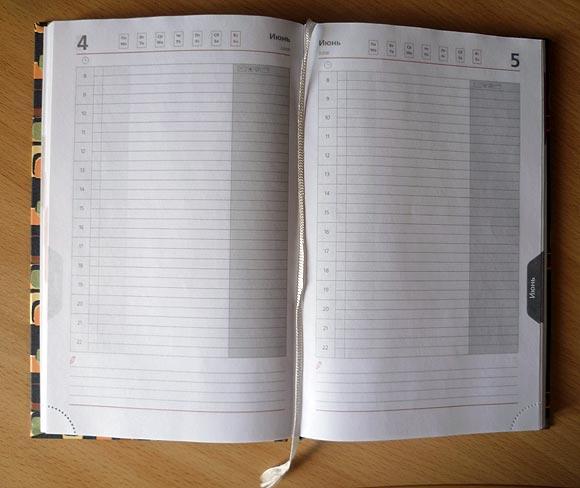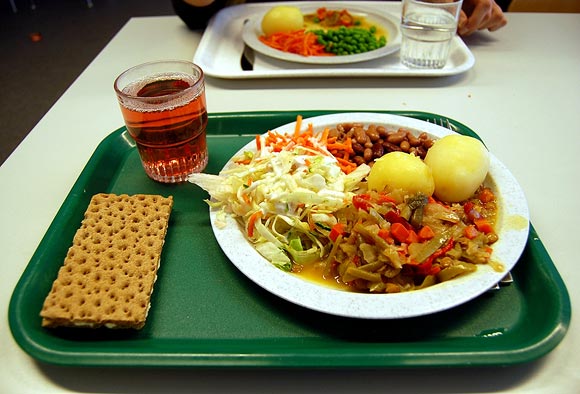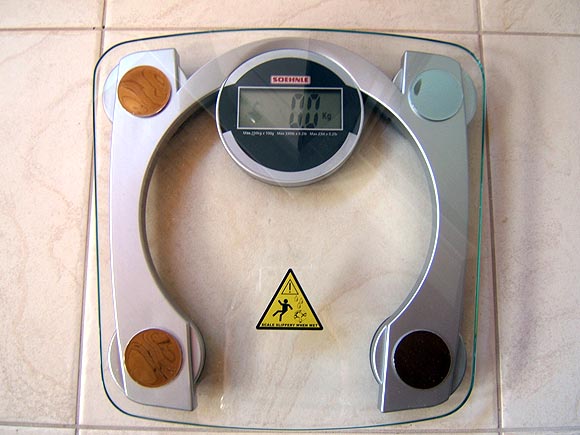 | « Back to article | Print this article |
The key to WEIGHTLOSS: A food diary
If you keep tabs on what you eat by noting everything down, you're more likely to diet successfully.
Women who want to lose weight are advised to faithfully keep a food journal, and avoid skipping meals and eating in restaurants -- especially at lunch.
The findings from the study by Anne McTiernan, MD, PhD, at the Fred Hutchinson Cancer Research Center and colleagues looks at the impact of a wide range of self-monitoring and diet-related behaviours and meal patterns on weight change among overweight and obese postmenopausal women.
"When it comes to weight loss, evidence from randomised, controlled trials comparing different diets finds that restricting total calories is more important than diet composition such as low-fat versus low-carbohydrate. Therefore, the specific aim of our study was to identify behaviours that supported the global goal of calorie reduction," McTiernan said.
Specifically, McTiernan and colleagues found that: Women who kept food journals consistently lost about six pounds more than those who did not and those who reported skipping meals lost almost eight fewer pounds than women who did not.
They also found that women who ate out for lunch at least weekly lost on average five fewer pounds than those who ate out less frequently (eating out often at all meal times was associated with less weight loss, but the strongest association was observed with lunch).
Eat at regular intervals and avoid skipping meals
"For individuals who are trying to lose weight, the Number One piece of advice based on these study results would be to keep a food journal to help meet daily calorie goals. It is difficult to make changes to your diet when you are not paying close attention to what you are eating," said McTiernan, director of the Hutchinson Center's Prevention Center and a member of its Public Health Sciences Division.
In addition to documenting every morsel that passes one's lips, another good weight-loss strategy is to eat at regular intervals and avoid skipping meals.
"The mechanism is not completely clear, but we think that skipping meals or fasting might cause you to respond more favourably to high-calorie foods and therefore take in more calories overall," she said.
"We also think skipping meals might cluster together with other behaviours. For instance, the lack of time and effort spent on planning and preparing meals may lead a person to skip meals and/or eat out more," McTiernan noted.
Eating out frequently, another factor associated with less weight loss, may be a barrier for making healthy dietary choices. "Eating in restaurants usually means less individual control over ingredients and cooking methods, as well as larger portion sizes," the researchers wrote.
'Findings are promising'
The analysis was based on data from 123 overweight-to-obese, sedentary, Seattle-area women, ages 50 to 75, who were randomly assigned to two arms of a controlled, randomised year-long dietary weight-loss intervention study: diet only and exercise plus diet.
Study participants filled out a series of questionnaires to assess dietary intake, eating-related weight-control strategies, self-monitoring behaviours and meal patterns. They were also asked to complete a 120-item food-frequency questionnaire to assess dietary change from the beginning to the end of the study.
At the end of the study, participants in both arms lost an average of 10 percent of their starting weight, which was the goal of the intervention.
"We think our findings are promising because it shows that basic strategies such as maintaining food journals, eating out less often and eating at regular intervals are simple tools that postmenopausal women -- a group commonly at greater risk for weight gain -- can use to help them lose weight successfully," McTiernan said.
The research has been published online in the Journal of the Academy of Nutrition and Dietetics (formerly the Journal of the American Dietetic Association).


